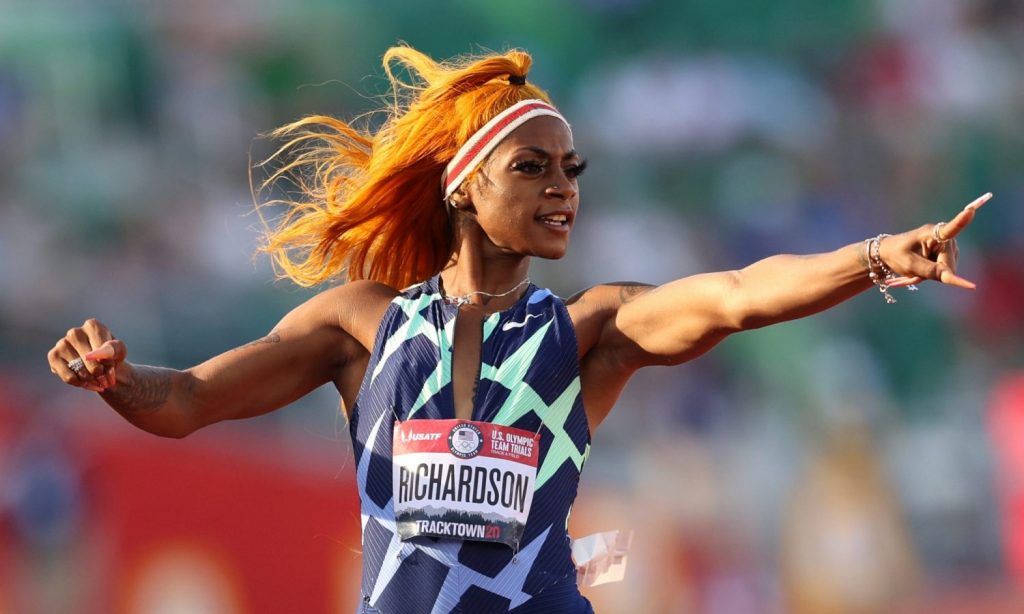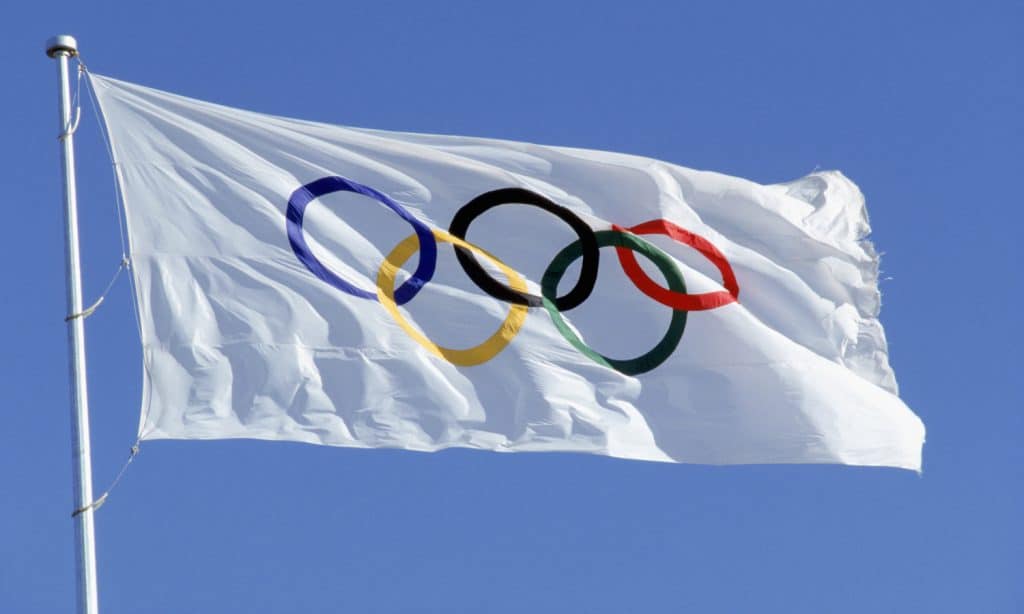The beat goes on as agencies play the blame game while the fastest woman in the world is still sitting out the 2021 Olympics.
The World Anti-Doping Agency (WADA) issued a public response to a cascade of reactions from U.S. Government officials regarding Sha’Carri Richardson’s disqualification from the Tokyo Olympics due to state-legal marijuana use.
Background: Last week, several congressional lawmakers stated their position to the inclusion of cannabis on WADA’s list of prohibited substances, urging the U.S. Anti-Doping Agency (USADA) to revise its decision to disqualify the 21-year-old sprinter.

USADA claimed it was obliged by WADA regulations to impose penalties on Richardson, though “its own views are different” when it comes to which substances are on WADA’s prohibited list.
The White House, through the U.S. Office of National Drug Control Policy, joined the fray and announced its intention to meet with WADA to discuss cannabis policy.
The World Anti-Doping Agency Speaks Out
In a public letter signed by Witold Banka, president of WADA, the agency explained that the process by which cannabis is annually included in the list of prohibited substances is consistently reviewed by global experts via a process wherein U.S. representatives have substantial, if not overly represented, voting rights.
RELATED: More Women Oppose Sha’Carri Richardson’s Marijuana Ban Than Men
The letter was directed specifically to Reps. Alexandria Ocasio-Cortez and Jamie Raskin, who last week issued a statement saying USADA’s anti-marijuana policy perpetuates anti-drug policies that negatively affect communities of color and urged both USADA and WADA to reconsider their verdict regarding Richardson.
WADA annually publishes the Prohibited List with an expert advisory group of 12 international members, three of whom are from the U.S., thus giving the United States more weight and representation than any other nation. It currently includes USADA’s Chief Science Officer, Dr. Matthew Fedoruk.
Cannabinoids On WADA’s Prohibited List
Cannabinoids have been on the Prohibited List every year since WADA began supervising it in 2004.
As opposed to claims made by USADA, which essentially blamed WADA for Richardon’s disqualification, WADA stated in a letter that “at no time since the first Prohibited List was published in 2004 has WADA received any objection from U.S. stakeholders concerning the inclusion of cannabinoids on the Prohibited List,” said Banka.
“On the contrary,(…) the U.S. has been one of the most vocal and strong advocates for including cannabinoids on the Prohibited List.”

Banka said that submissions received from the U.S. for nearly two decades, in particular from USADA, have consistently advocated for cannabinoids to remain on the Prohibited List and insisted that “the argument that some have advanced indicating that U.S. anti-doping stakeholders are bound by antiquated thinking regarding the Prohibited List is not supported by the facts.”
RELATED: Athletes Will Use CBD This Olympics And Here’s Why
However, Banka pointed out that, over the years, several such changes have been made to the list, and there is nothing preventing additional changes to be made in the future if everyone agrees.
Can Sha’Carri Richardson’s Disqualification Be Overturned By WADA?
The agency’s president said that WADA plays a coordinating role in the development and publication of the Prohibited List and as such “is not in position to vacate the results of Ms. Richardson’s test in Oregon…”, imposed by USADA, “nor the decisions of USA Track and Field regarding her participation at the Tokyo Olympics.”
RELATED: Attending The 2020 Tokyo Olympics? Don’t Bring Your Marijuana
USADA said in a public statement that because Richardson accepted the outcome, there is no longer any legal process to challenge or reverse it.
Benzinga’s Take: While it’s unlikely that Richardson will participate in the Tokyo Olympics after her disqualification, it’s fair to believe that the domino effect catalyzed by her disqualification could have significant consequences in future iterations of WADA’s Prohibited List, leading to possible changes in the inclusion of cannabis as a prohibited substance.
This article originally appeared on Benzinga and has been reposted with permission.


